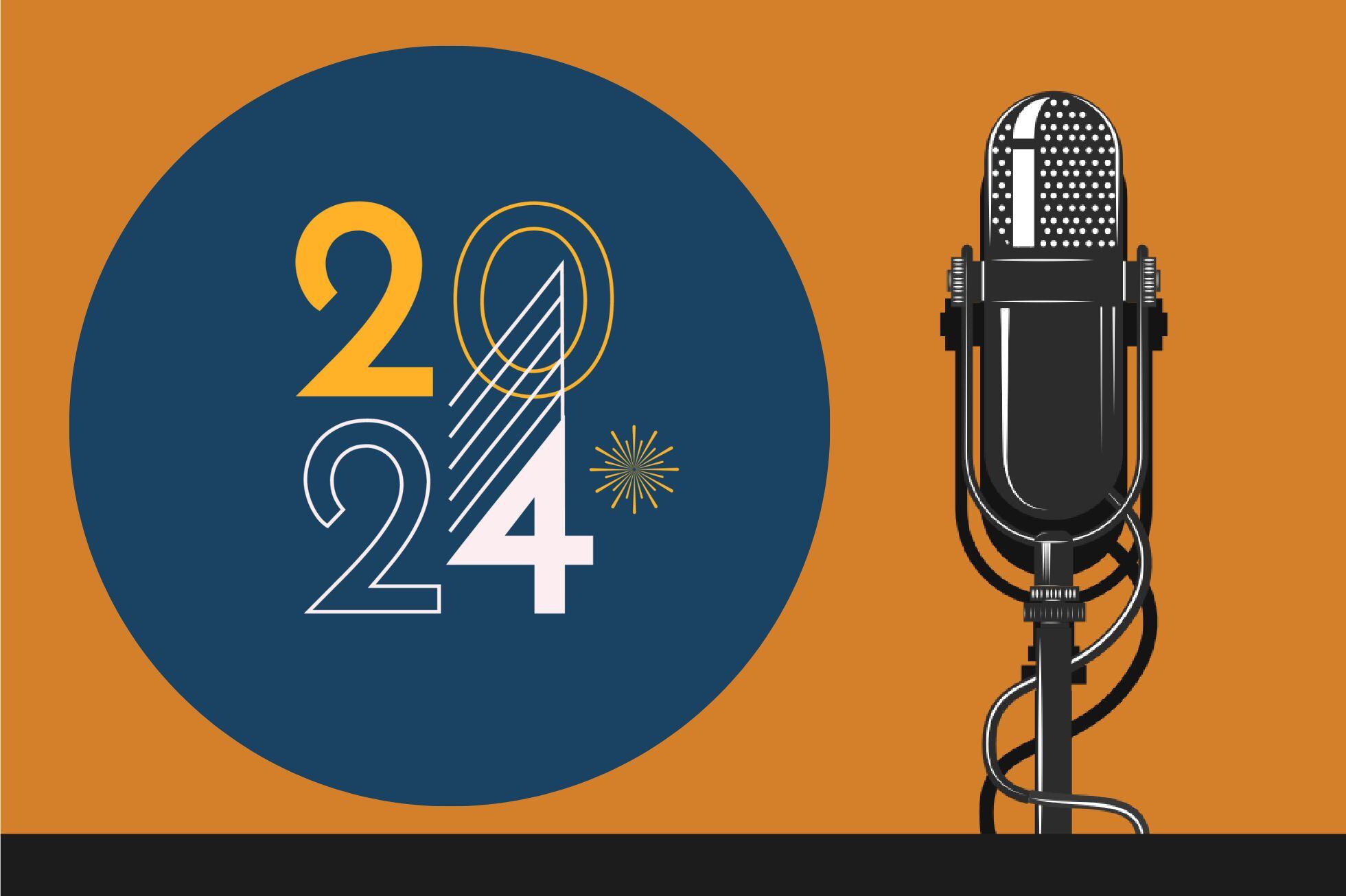No Trust, No Relationship, No Money: On Self-Trust (Part 1 of 4) - Veritus Group
This is Part 1 of a series on building trust: “No Trust, No Relationship, No Money.” Trust is the core building block of all relationships. Yet many...

One of the best things we can do for ourselves is look at how someone else is doing their work and explore how to apply it to what we do in fundraising. Take asking questions, for example.
Most fundraisers consider themselves able to have a congenial conversation with virtually anyone – a stranger at an event, someone we’ve known a long time, or a seven-figure donor. We’re in the “people business,” after all, looking to build an authentic conversation that results in understanding our donor on a deeper level.
Derek Thompson’s recent piece in The Atlantic really got me thinking. He told the story of how he changed his approach to asking questions over time, from focusing on being “smart” and showing off his own knowledge, to being “dumb” – leading to better questions and conversations:
First: “…[F]or most of my professional life, I labored under a powerful delusion. I thought that asking Smart Questions was of the utmost importance.”
Next: “I’ve decided that I’ve been mostly wrong. Smart Questions are, typically, kind of dumb. And, just as typical, questions that might initially seem dumb or underinformed, or downright unintelligent, are the smartest way to learn stuff if you’re a journalist, an academic, or anybody else.”
Then: “A few years back, when I did more editing work at The Atlantic, I realized that popular articles tended to scope out to see the full landscape of an issue. So, for example, rather than fixate on some lurid statistic about New York City rents, the popular piece would ask a broad question such as ‘Why are rents so expensive in the U.S.?’ or ‘Why can’t America build enough homes?’ We called these queries Big Dumb Questions.”
Finally: “Producing an edited podcast requires one to listen back to interviews again, and again, and again. In my case, this meant having to listen to hour after hour of my blabbering, try-hard, obsequious nonsense. The experience was egotistically ruinous. I was still asking Smart Questions!”
Some of the responses back included other ways they’ve been challenged to think about their work. Ryan Geleynse cited sport host Dan Patrick’s discipline of asking short questions, noting the longer the question, the more likely we’ve put ourselves into the answer.
Here are several other thoughtful responses to this article:
One thought is to change my typical line from, “What is it about Bread’s work that is important to you?” which often gets shallow answers to “What is it about hunger that pulls on you?” I’ll give it a try!
Thanks for passing the article along. I agree with the writer, the art of asking questions is asking a question. I’m guilty of trying to make questions too complicated or trying to make the question memorable rather than hoping the answer is.
The simple question is something I can incorporate into our podcast recordings and with donors. The last few months I’ve been asking, “What about Christian education is important to you?” I’ve found the ‘what’ over ‘why’ is better and drives more interesting responses. The ‘why’ question assumes too much, the ‘what’ is more specific and prompts a more personal response.
I like to ask something like, “What is it about brain disease – or brain health – that interests you?” or, “Do you have a personal connection to this work?” Maybe this could be broadened even more.
I also try to remind myself that it’s okay – important, actually – for me to ask personal questions. “Do you have kids? Grandkids? Who makes the decisions about philanthropy? What kinds of projects are you most excited about?” At first, these questions can feel like I’m being nosy or that it’s none of my business. But there are ways to ask authentically, and it’s an important part of understanding the donor so I can serve them better.
Some questions that I’ve found elicit deeper responses in our work:
Are those Big Dumb Questions?
This is also a good reminder that I often use the “tell me more…” prompter, but I’d like to try changing that to “tell me why do you think that is…” kind of prompter which I believe will get deeper, more meaningful answers to understand a donor’s thoughts and intentions.
I road-tested the question, “What is it about trafficking and abuse that pulls on you?” and got an incredibly rich and personal story that I might not have gotten with standard donor questions.
Related, I have a friend who asks me, if we’ve been out of touch for a while, “How is it going with you?” I’ve always appreciated the way she phrases this – it seems more personal than “how are you” and as I’ve imitated that, it has resulted in a richer answer than the normal, reflexive “fine.”
————
I hope you’ll take some time to read The Atlantic piece. Play around with some of the questions that you normally ask. We’d love to hear back from you about any changes you made – and of course, any results!
Diana
Diana Frazier is a Senior Client Experience Leader at Veritus Group. With over 32 years of experience in the non-profit sector, Diana has helped organizations meet strategic objectives through fund and product development, marketing, and operations management. She has worked on staff or as a consultant in a wide range of non-profits including print and media organizations, missions, higher education, health, crisis counseling, and churches.

This is Part 1 of a series on building trust: “No Trust, No Relationship, No Money.” Trust is the core building block of all relationships. Yet many...

Here's a recap of our favorite podcast episodes, blogs, and other resources that you might have missed over 2024 to help you raise more revenue for...

You know that when a donor gives a gift, your first job is to say thank you, as quickly as possible. Amazingly, colleagues in our industry (including...